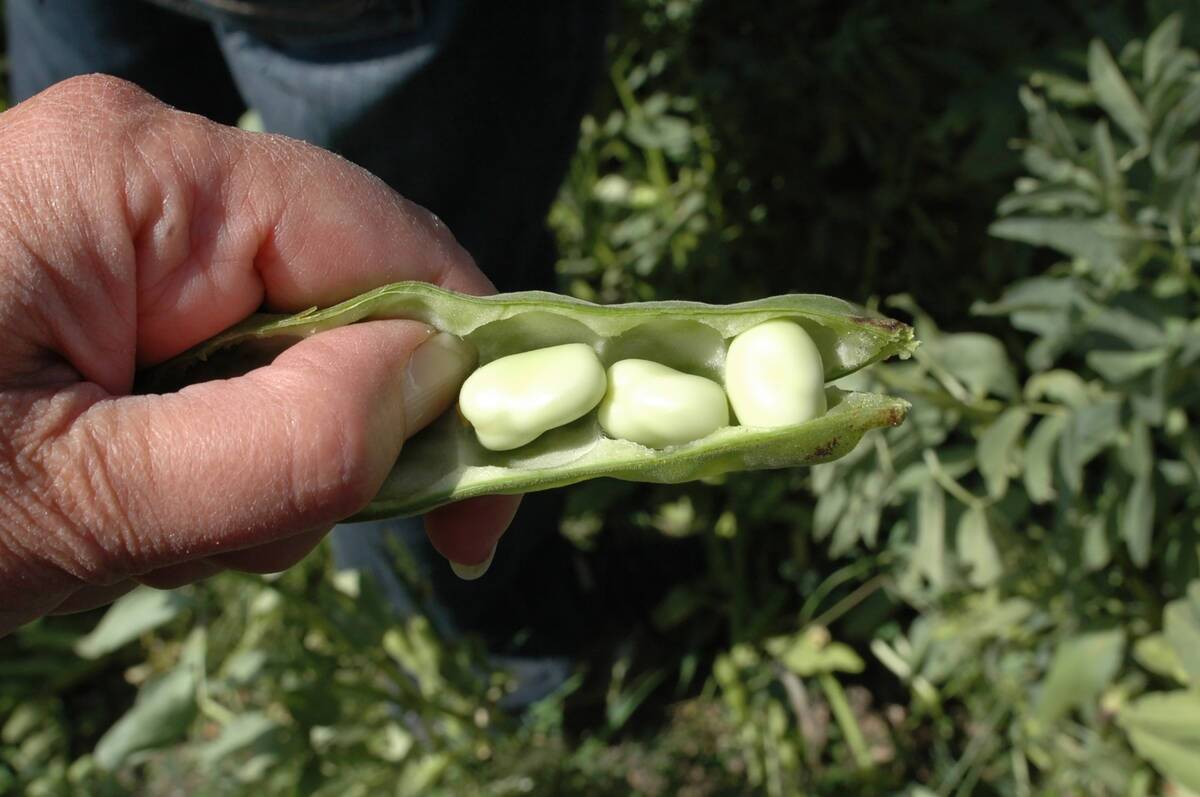Organic Definitions
As a consumer, understanding exactly what terms like organic, certified organic, and organic standard really mean is more than just good knowledge, it’s essential. These definitions shape what you’re buying and eating, how it’s produced, and whether the label you see on your food reflects a regulated set of practices rather than vague or misleading claims. Clarity around these terms helps you make informed choices for your health and the environment while supporting farmers and processors who follow rigorous, transparent standards.
Key Terms & Definitions
Organic
The term organic refers to an ecological method of agricultural production that respects the natural environment. Organics focuses on enhancing the health and vitality of the soil, preserving biodiversity, promoting animal welfare and preserving the ecological integrity of our environment. “Certified” Organic refers to farms, processors, and products that have been inspected and approved by a recognized certifying body to meet the Canadian Organic Standards.
Canadian Organic Standards
Canadian Organic Standarrds are a mandatory, government-regulated set of rules that define the principles, practices, and approved substances for organic food, feed, and seed in Canada. They require sustainable practices that build agro-ecosystem health and prohibit synthetic pesticides, fertilizers, GMOs, and other synthetic inputs.
Permitted Substances List
This list identifies and supplies details on allowable substances that can be used in organic farming and production of organic products.
Canadian Organic Regime (COR)
The federal regulatory system that enforces the standards and ensures products labeled organic in Canada meet requirements, overseen by the Canadian Food Inspection Agency.
Transitional Organic
Refers to agricultural land, crops, or products that are in the process of converting from conventional farming to full organic certification. These farms follow organic practices but are not yet fully certified.

The Four Principles
The four guiding principles of organic agriculture are Health, Ecology, Fairness, and Care. Health focuses on sustaining and enhancing the health of soil, plants, animals, humans, and the planet as an indivisible whole. Ecology emphasizes working with and emulating natural ecological systems and cycles. Fairness involves building relationships that ensure equitable treatment for all life, while Care calls for a responsible management approach to protect the health and well-being of present and future generations and the environment
How the System Works
Organic certification is not just a label, it’s a system of checks and balances. Farmers and processors applying for certification go through inspections, keep detailed records, and must meet strict requirements. Transitional farms are supported as they shift away from conventional practices. This process ensures that when you buy certified organic, the claim is backed by standards, inspections, and accountability.
Why These Standards Matter
Clear, enforceable definitions protect consumers, support farmers, and build trust in the organic label. They ensure that when you choose organic, you are truly supporting farming practices that work with nature, safeguard ecosystems, and promote animal welfare.
Understanding these definitions isn’t just about technical rules, it’s about trust, transparency, and values. When you know what organic really means, you can feel confident that your choices reflect higher standards for food, farming, and the environment. With this knowledge, you’re better equipped to shop with purpose and support the people and practices behind genuine organic food.